
The quest to understand the workings of human thought and behavior can be traced back to ancient peoples. Before it was established as a scientific discipline, the study of psychology was of interest to many great thinkers and philosophers.
These days, it has become a popular field, even outside the realm of science. After all, psychology influences so many different spheres of life, from marketing, education and entertainment to economics and even law enforcement. Here is a list of 30 of the most influential psychologists who continue to do groundbreaking and far-reaching work today.
30. Martin Seligman
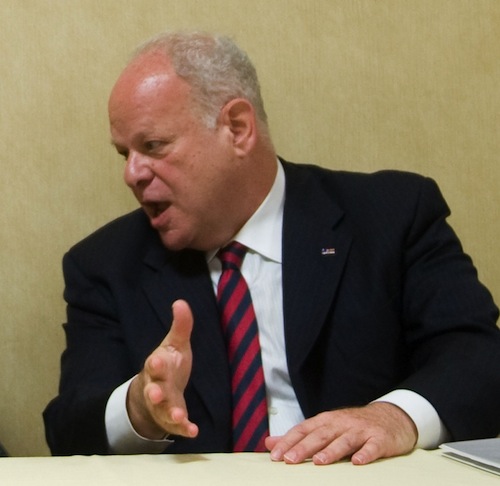
Martin E. P. Seligman is perhaps best known for his theory of “learned helplessness.” He is currently the Zellerbach Family Professor of Psychology at the University of Pennsylvania and the director of the university’s Positive Psychology Center. Apart from being a psychologist and educator, Seligman is also the author of several bestselling books.
Seligman is listed as the 13th most quoted 20th-century psychologist in preparatory psychology textbooks, based on a study by Haggbloom et al. In the same study, Seligman also appeared as the 31st most eminent psychologist overall. Several institutions have backed his research, including The National Institute of Mental Health and the National Science Foundation. Seligman has also been granted honors such as two Distinguished Scientific Contribution awards, presented by the American Psychological Association.
29. Howard Gardner
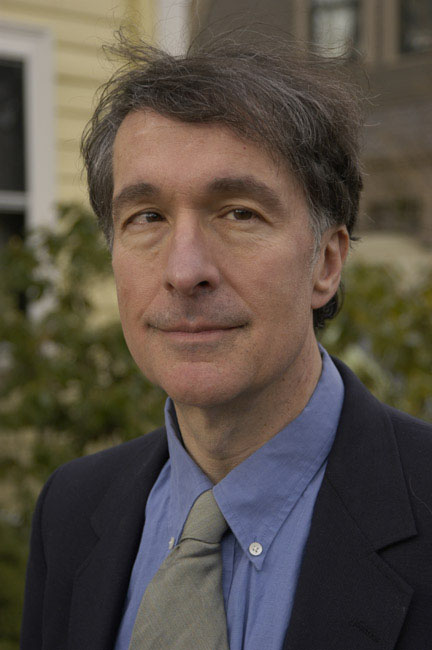
Howard Gardner is currently the John H. and Elisabeth A. Hobbs Professor of Cognition and Education at the Harvard Graduate School of Education and Senior Director of Harvard Project Zero. A developmental psychologist, Gardner is known for his theory of multiple intelligences, which has presented a fresh take on education. In it, he looks at eight distinct forms of intelligence: naturalistic, interpersonal, intrapersonal, linguistic, logic-mathematical, bodily/kinesthetic, musical and spatial. Since the 1980s, Gardner has been actively devoted to United States school reforms that seek to go beyond traditional standardized testing.
In 2005 and 2008, both Prospect and Foreign Policy magazines named Gardner among the world’s 100 most influential public intellectuals. He has accepted many honors, including the MacArthur Prize Fellowship in 1981 and, more lately, the 2011 Prince of Asturias Award for Social Sciences.
28. Steven Pinker
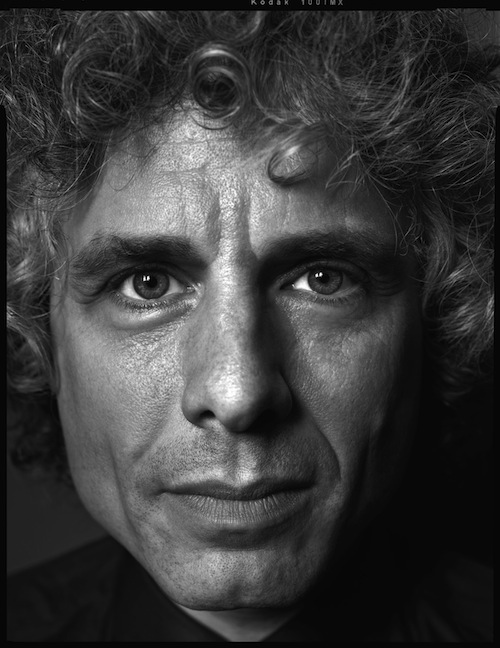
Named by Time magazine as one of its “100 Most Influential People in the World” in 2004, Steven Pinker is among the foremost authorities on language and the mind – particularly in the areas of visual cognition and the psychology of language. Three of his mainstream, non-academic books – The Language Instinct, How the Mind Works, and The Blank Slate – have been honored with prizes. Pinker has also twice been nominated for a Pulitzer.
A Harvard College scholar, Pinker is the Johnstone Family Professor in Harvard University’s psychology department. His research has garnered him several awards, including the George Miller Prize from the Cognitive Neuroscience Society and the 1993 Troland Research Award from the National Academy of Sciences. Pinker also graced Foreign Policy magazine’s list of top global thinkers in 2010 and 2011.
27. Kelly D. Brownell
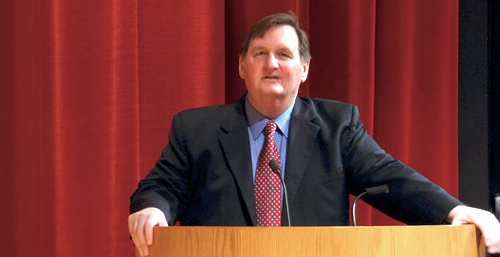
Kelly D. Brownell is an internationally recognized expert on one of today’s most vexing health issues: obesity. In this capacity, he has been consulted by world health organizations, members of government and celebrities. At Yale, Brownell acts as Director of the Rudd Center for Food Policy and Obesity as well as Professor of Psychology and Professor of Epidemiology and Public Health. He was also recently appointed Dean of Duke University’s Sanford School of Public Policy.
Brownell – who was cited on the “Time100” in 2006 – has been the recipient of the American Psychological Association’s Distinguished Scientific Award for the Applications of Psychology, among other honors that have come his way. He is a staunch lobbyist for taxes on both food and soda as a means of encouraging healthier eating in the U.S.
26. Paul Ekman
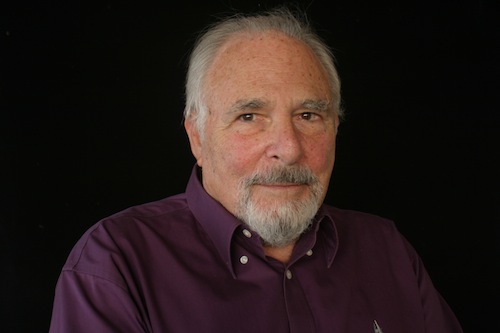
Psychologist Paul Ekman is popularly known as “the human lie-detector.” His decades-long research into human emotions relative to facial expressions has resulted in the formation of his “atlas of emotions” – essentially a catalogue of thousands of expressions. Meanwhile, in the pop culture sphere, Ekman’s work prompted the creation of the TV series Lie to Me. Until 2004 his role was that of psychology professor in the psychiatry department at the University of California, San Francisco.
Ekman has used his studies to establish workshops and training tools as well as to assist law enforcement groups. He has also published mainstream books. In 2001 the American Psychological Association proclaimed him to be one of the 20th century’s most influential psychologists, and in 2009 Time placed him on its “100 Most Influential People” list.
25. Susan Blackmore

Susan Blackmore started out as a parapsychologist and believer in the paranormal. This initial pursuit stemmed largely from an out-of-body experience that she had while studying at Oxford University in the early ‘70s. However, approximately 30 years later, Blackmore would become an outspoken skeptic and contributor to memetics – the science that studies how memes (ideas as units of cultural meaning) are spread much like viruses.
In 1999 Blackmore published a popular book, The Meme Machine, with a foreword by Richard Dawkins. She is a consulting editor for the Skeptical Inquirer and a Distinguished Supporter of the British Humanist Association. Blackmore has also appeared as a TED conference presenter, and on the UK version of Big Brother as a consulting psychologist. In 1991 she received the CSICOP Committee for Skeptical Inquiry Distinguished Skeptic Award.
24. Philip Zimbardo

In 1971 Philip Zimbardo became a professor of psychology at Stanford University. There, he conducted a controversial study: 24 ordinary male college students were arbitrarily selected to be either “guards” or “prisoners” in a fake jail. The resulting “Stanford Prison Experiment” has since become notorious thanks to the cruel and often-inhumane behaviors exhibited by its participants – as well as for ethical questions surrounding the research.
Notwithstanding such controversy, Zimbardo is now a professor emeritus at Stanford and has been elected president of the American Psychological Association. He has authored textbooks on psychology, as well as other books, such as The Lucifer Effect: Understanding How Good People Turn Evil, based on the prison study findings. In 2004 Zimbardo was a defense witness concerned with the court martial of an Abu Ghraib prison guard, and he has appeared on various TV shows.
23. Robert Trivers
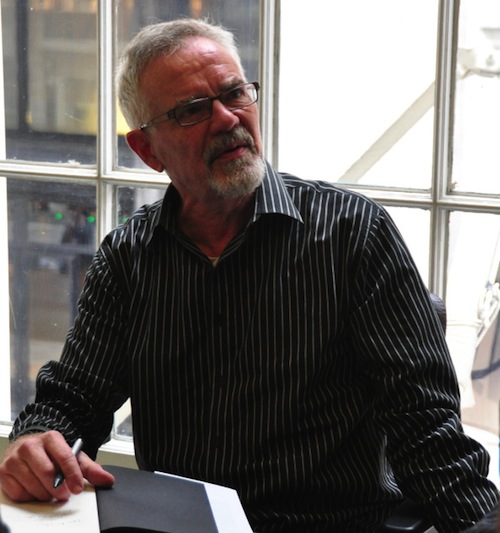
Robert Trivers has been called “one of the most influential evolutionary biologists since Charles Darwin.” Currently Distinguished Professor of Anthropology and Biological Sciences at Rutgers University, he has also been touted by Steven Pinker for inspiring “an astonishing amount of research and commentary in psychology and biology.”
To merit this praise, Trivers has contributed four important theories to his field: reciprocal altruism, sex ratio determination, parent-offspring conflict, and parental investment. In fact, he is credited with having laid down the very groundwork for sociobiology. In 2007 Trivers received the Crafoord Prize in biosciences for his study of conflict, social evolution and cooperation.
22. Robert Sternberg
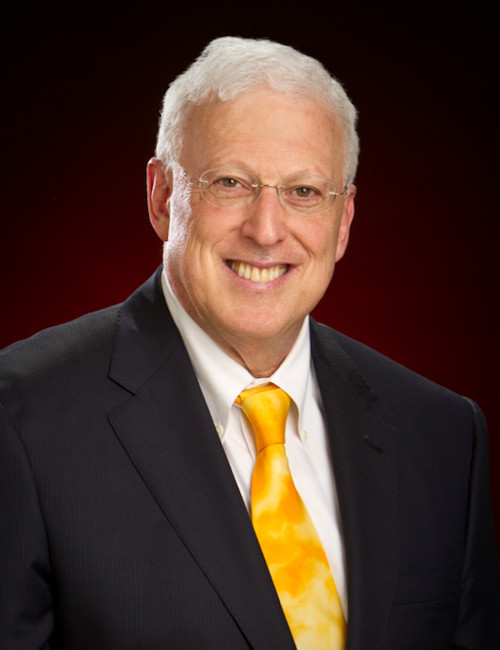
Psychologist and psychometrician Robert Sternberg is the president of the University of Wyoming. One of Sternberg’s greatest endowments to the world of psychology is the “Triarchic theory of intelligence,” which states that intelligence can be divided into creative, analytical and practical components. He has been President of the American Psychological Association and has held positions at Yale, Oklahoma State and Tufts universities.
Sternberg’s honors include the Francis Galton Award from the International Association of Empirical Aesthetics. In addition, the Institute for Scientific Information has ranked him as among the most highly cited authors in psychology and psychiatry, and he has been called one of the 20th century’s top 100 psychologists.
21. Richard Wiseman

Richard Wiseman has the distinction of holding Britain’s only Chair in the Public Understanding of Psychology, at the University of Hertfordshire. A former magician with a PhD in psychology, he is known worldwide for his studies and for discrediting paranormal phenomena. He has also written three bestsellers, The Luck Factor, Quirkology and 59 Seconds, and has delivered keynote addresses to corporations such as Google and Microsoft.
In 2000 Wiseman received the CSICOP Public Education in Science Award. His work has been featured on more than 150 television shows and in many publications. He appeared in The Girl with X-Ray Eyes, a Discovery Channel documentary. And as an indicator of Wiseman’s widespread popularity, it is said that no other psychologist currently has more followers on Twitter.
20. Robert A. Rescorla
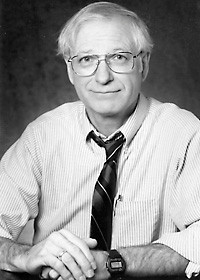
Robert A. Rescorla, along with Allan R. Wagner, is the creator of the Rescorla-Wagner model of conditioning, which relates to learning processes. This has become one of the most persuasive systems of learning, and in 1986 it won Rescorla the American Psychological Association Award for Distinguished Scientific Contributions. He was also elected to the Society of Experimental Psychologists in 1975, and in 1985 to the United States National Academy of Sciences. Rescorla is now an emeritus professor of psychology at the University of Pennsylvania, where he continues his research into associative learning processes.
19. Stephen D. Reicher
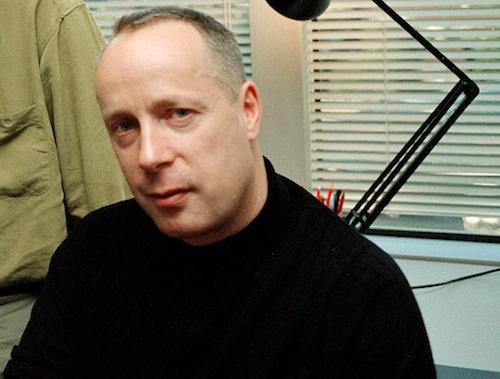
The research of Stephen D. Reicher – current Professor of Social Psychology at the University of St. Andrews, where he was previously Head of the School of Psychology – focuses on group behavior. In fact, his studies in the area of crowd psychology have been described as “path-breaking.” In 2002 Reicher and fellow psychology professor Alex Haslam produced a BBC documentary titled The Experiment, which was a re-examination of concerns raised in Zimbardo’s famous “Stanford Prison Experiment.”
Reicher received the British Psychological Society’s Award for Excellence in the Teaching of Psychology for his work on the TV documentary, which is said to have “changed [the] basic understanding of how groups and power work.” The results have been published in textbooks as well as scientific journals. Reicher is at present a Fellow of the Royal Society of Edinburgh.
18. Vilayanur Subramanian Ramachandran
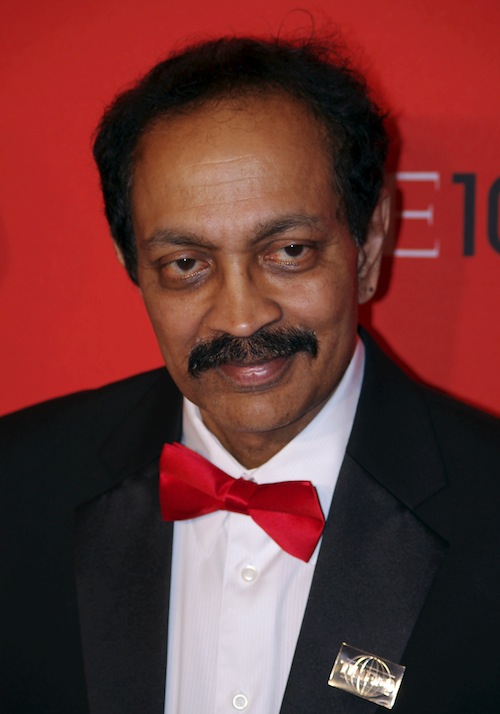
Vilayanur Subramanian Ramachandran has been described by Richard Dawkins as “The Marco Polo of neuroscience.” His studies of phantom limbs, synesthesia and body integrity identity disorder have garnered international attention. Furthermore, Ramachandran invented the “mirror box,” which is used to assuage phantom limb pain. And his research has also branched out into the study of autism and the evolution of language.
Working at the University of California, San Diego, Ramachandran is Director of the Center for Brain and Cognition as well as Distinguished Professor with the school’s psychology department and neurosciences program. Additionally, he is Adjunct Professor of Biology at La Jolla, California’s Salk Institute. Ramachandran has received multiple awards and has penned a New York Times bestseller, The Tell Tale Brain. In 2011 Ramachandran made it onto the “Time100” list of influential people.
17. Michael Posner
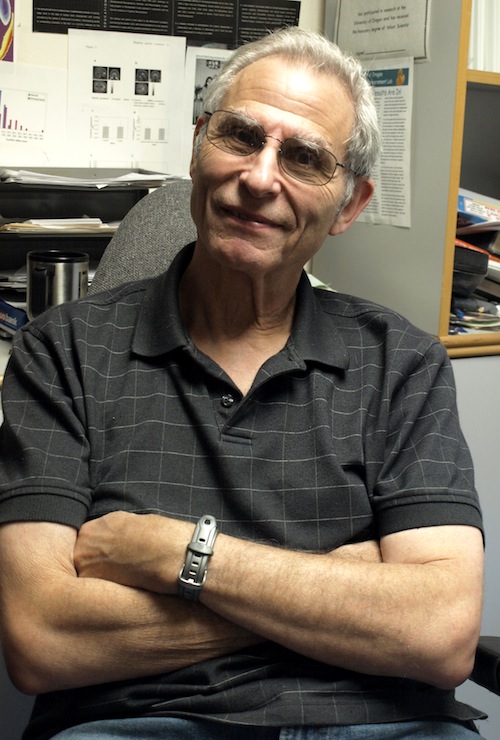
Michael Posner is an emeritus professor of psychology at the University of Oregon as well as an adjunct professor at New York’s Weill Medical College (Sackler Institute). Posner’s research involves studying the part attention plays in tasks like number processing, reading and visual search. Today, he is particularly interested in the brain development that underlies selective attention.
Many institutions have recognized the importance of Posner’s work, and he has been awarded fellowships by the American Psychological Association, the American Academy of Arts and Sciences and the Association for Psychological Science, among others. He was also honored with the National Medal of Science in 2009.
16. Robert J. Plomin

For years, Robert J. Plomin has been at the forefront of research into the human development roles played by nature and nurture. His studies of twins and behavior genetics have been influential in ushering genetics into the field of psychology.
Currently, Plomin is working on a project known as the Twins Early Development Study (TEDs) at the Institute of Psychiatry (King’s College London), a study involving more than 13,000 pairs of twins born in England and Wales from 1994 to 1996.
In 2002 the Behavior Genetics Association honored Plomin with the Dobzhansky Memorial Award for a Lifetime of Outstanding Scholarship in Behavior Genetics. Plomin, who was the youngest serving president of the Behavior Genetics Association, has also been ranked amongst the 20th century’s 100 most eminent psychologists by the Review of General Psychology.
15. Walter Mischel
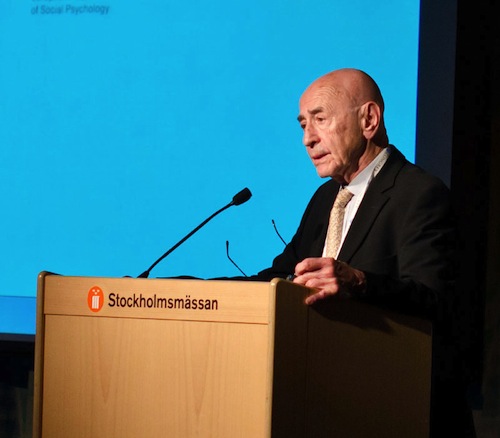
Psychologist Walter Mischel is the Robert Johnston Niven Professor of Humane Letters at Columbia University’s Department of Psychology. Mischel’s areas of expertise are social psychology and personality theory – specifically the process, development and structure of personality and will power. Before his appointment at Columbia, he taught at both Harvard and Stanford.
Mischel’s groundbreaking book Personality and Assessment was published in 1968 but was reissued in 1996 owing to an increasing demand for copies.
Mischel is an ex-president of the American Psychological Association Division of Social and Personality Psychology, and he is also the former editor of Psychological Review. During his career, he has been voted into both the National Academy of Sciences and the American Academy of Arts and Sciences. He received the Grawemeyer Award for psychology in 2011.
14. Elizabeth Loftus
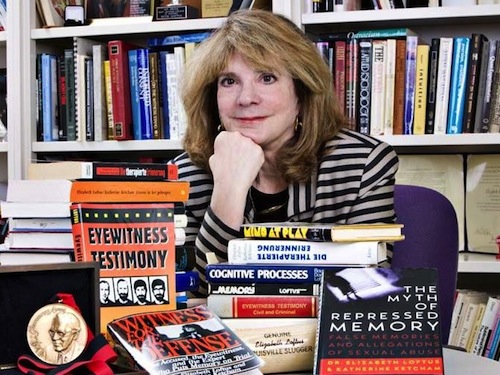
Elizabeth Loftus is most widely recognized for her research on the pliability of human recollection, which includes pioneering studies of eyewitness memory, the creation of false memories and recovered memories. Yet Loftus’ work has not only had an impact on psychology; it has also influenced other fields, such as law. From 1984 to 2002, she served as an adjunct professor of law for the University of Washington.
Loftus is the highest-placed female psychologist on the Review of General Psychology’s list of the 100 most influential psychological researchers of the 20th century. She is presently an affiliate professor of psychology and law at the University of Washington as well as a distinguished professor at the University of California, Irvine. In 2004 Loftus was elected to the National Academy of Sciences. She won the Grawemeyer Award in psychology in 2005 and was elected to the Royal Society of Edinburgh that year as well.
13. Stephen Kosslyn
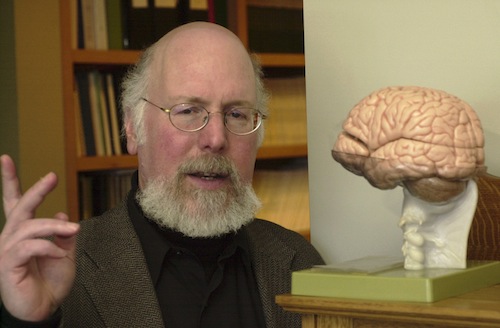
Stephen Kosslyn’s work is strongly associated with mental imagery, and his research also covers how people process information and visual display design. As well as being a trained psychologist and neuroscientist, Kosslyn teaches and publishes books on cognitive psychology and cognitive neuroscience.
After many years at Harvard University, Kosslyn moved to Stanford in 2011 and became Director of the Center for Advanced Study in the Behavioral Sciences. He remained in that position until 2013.
For his contributions to research, Kosslyn has been awarded a National Academy of Sciences Initiatives in Research Award as well as a Guggenheim fellowship, to name just two honors. He is currently the founding Dean of soon-to-be-opened Minerva University, and there, he plans to turn his research findings into effective teaching and learning strategies.
12. Irving Gottesman
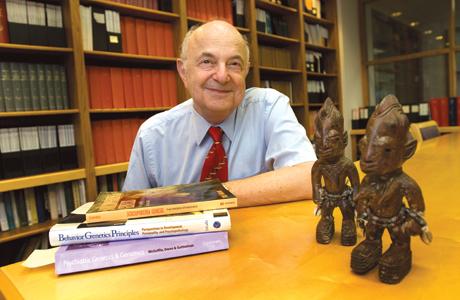
Behavioral and psychiatric geneticist Irving Gottesman has spent most of his career studying the genetics of schizophrenia. Gottesman also founded the earliest U.S. academic program on behavioral genetics, and his research confirmed the undeniable role genetics plays in schizophrenia. He is currently a professor at the University of Minnesota’s Department of Psychology.
For his work, Gottesman has been awarded the Hofheimer Prize for Research, the highest psychiatric research award offered by the American Psychiatric Association. In addition to his own contributions to the field, Gottesman has also mentored and collaborated with other distinguished researchers and written 17 books plus more than 290 other publications.
11. Alison Gopnik

Alison Gopnik is a professor of psychology and an affiliate professor of philosophy at the University of California, Berkeley. She specializes in the study of how language affects thought and is an authority on developmental psychology and the philosophy of mind. Gopnik’s 2009 book The Philosophical Baby: What Children’s Minds Tell Us About Truth, Love and the Meaning of Life is a critically acclaimed bestseller. And she has been a regular guest on TV shows such as The Charlie Rose Show and The Colbert Report.
Slate calls Gopnik, “One of the most prominent researchers in the field,” adding that she “is also one of the finest writers, with a special gift for relating scientific research to the questions that parents and others most want answered.” Gopnik is also a Wall Street Journal columnist, and her research into mathematical models for child learning is considered potentially useful for the future development of artificial intelligence.
10. Barbara L. Fredrickson

Barbara L. Fredrickson is based at the University of North Carolina at Chapel Hill’s Positive Emotions and Psychophysiology Lab, where she is a distinguished professor of psychology as well as the lab’s principal investigator. Fredrickson’s field is social psychology, and she is at the forefront of research into positive psychology and how positive emotions affect behavior.
In 2013 Fredrickson received the first ever Christopher Peterson Gold Medal, the International Positive Psychology Association’s highest accolade. The U.S. National Institute of Mental Health considers her research so vital that it has continued to fund her work for the last 16 years. Fredrickson is also an internationally sought-after keynote speaker.
9. Daniel Kahneman
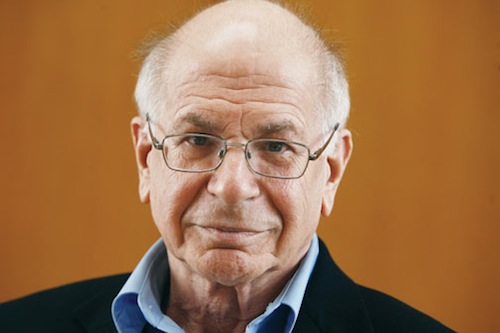
In 2002 Israeli-American psychologist and bestselling author Daniel Kahneman was awarded the Nobel Memorial Prize in Economic Sciences. Kahneman specializes in the fields of behavioral economics, psychology of judgment and decision-making, and the economics of happiness. He is currently Professor Emeritus of Psychology and Public Affairs at Princeton University’s Woodrow Wilson School. He is also a fellow of the Center for Rationality at the Hebrew University of Jerusalem.
Kahneman has been awarded various honors for his work, including the American Psychological Association’s Lifetime Achievement Award and the American Psychological Society’s Distinguished Scientific Contribution Award. Foreign Policy magazine included Kahneman in its 2011 list of leading global thinkers.
8. Robert Cialdini

Professor Robert B. Cialdini’s 1984 book Influence: The Psychology of Persuasion has sold more than two million copies and is on Fortune magazine’s list of the 75 Smartest Business Books. Cialdini is Professor Emeritus of Psychology and Marketing at Arizona State University. And global recognition of his cutting-edge research has led to him being dubbed the “Godfather of Influence.”
Cialdini is recognized worldwide as an expert in the areas of compliance, persuasion and negotiation. Various large companies – including Google, Coca-Cola and IBM – have worked with him, as has the U.S. Department of Justice, NATO and Harvard University.
7. David M. Buss
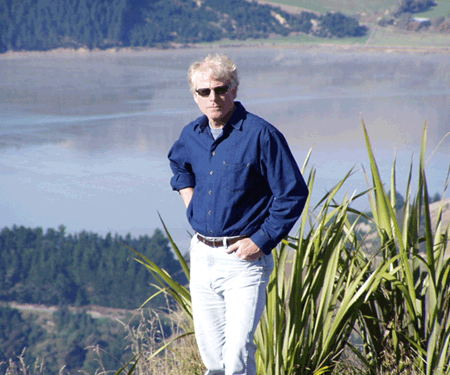
American psychologist David M. Buss is a leading researcher and author in the field of evolutionary psychology and human sex differences in partner selection. The 2005 book The Handbook of Evolutionary Psychology, edited by Buss, is considered the definitive text on the subject.
Buss currently works as a professor of psychology at The University of Texas at Austin. He is also a director of the International Consortium of Social and Personality Psychologists. Buss has garnered many honors throughout his prestigious career, including the G. Stanley Hall Award, which was bestowed on him by the American Psychological Association in 1990.
6. Jerome Bruner
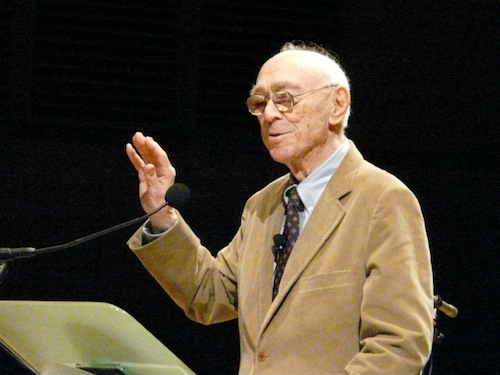
Jerome Bruner is a senior research fellow at the New York University School of Law. Bruner’s 1956 book A Study of Thinking paved the way for the country’s cognitive psychology movement. Moreover, he has made important contributions to the fields of American education and was on the educational panel of the President’s Science Advisory Committee during the tenures of both John F. Kennedy and Lyndon Johnson.
Bruner has published many books and received honorary doctorates from institutions around the world, including Yale, the Sorbonne and Berlin. He is also a fellow of the American Academy of Arts and Sciences. These days, Bruner is involved in researching how law is practiced and how it interacts with culture.
5. Brenda Milner
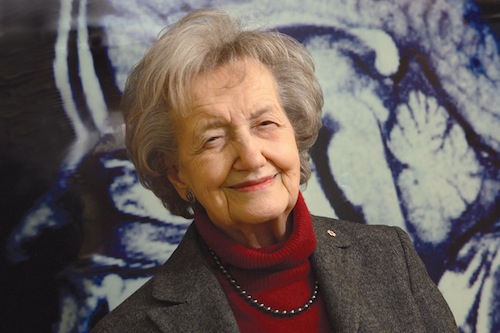
British neuropsychologist Brenda Milner is regarded as the “founder of neuropsychology.” Milner has contributed a vast amount of research to the field and continues to work at the age of 95. She is currently a professor at McGill University’s Department of Neurology and Neurosurgery as well as a professor of psychology at the Montreal Neurological Institute.
At present, Milner’s work is partly focused on how the left and right hemispheres of the brain interact as well as the study of neural pathways involved in the learning of language. The many honors she has received for her work include the prestigious Gairdner Award and the Order of Canada.
4. Gordon H. Bower
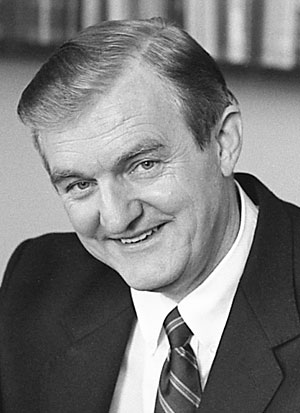
Cognitive psychologist Gordon H. Bower is the Albert Ray Lang Professor (Emeritus) at Stanford University’s psychology department. Bower is noted for his research into memory and concept learning. He introduced the memory tool known as “chunking,” whereby objects are grouped together in an individual’s mind to improve recall.
In 1979, for his research Bower won the Award for Distinguished Scientific Contribution from the American Psychological Association. He also won the 2005 National Medal for Science, and from 2002 he was ranked 42nd on Haggbloom’s list of the most notable scientists of the 20th century.
3. Geoffrey Beattie

Geoffrey Beattie is a psychologist as well as a minor celebrity, known for his many appearances on British television. His field of interest is nonverbal communication, and he has authored many books and articles on the subject. However, Beattie’s other interests include the psychology of sustainability, and unconscious racial prejudice. He has also been involved in the making of television documentaries – two about his native Northern Ireland.
Beattie’s books We Are The People and The Corner Boys were shortlisted for the Ewart-Biggs Literary Prize. He is a fellow of the British Psychological Society and he was also the president of the psychology wing of the British Association for the Advancement of Science. Beattie has received the Spearman Medal from the British Psychological Society for “published psychological work of outstanding merit.”
2. Albert Bandura
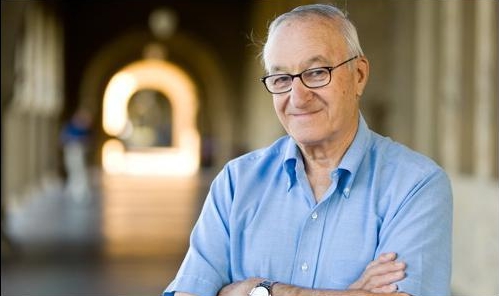
Albert Bandura has been an influential psychologist for nearly 60 years. As the David Starr Jordan Professor Emeritus of Social Science in Psychology at Stanford University, Bandura has worked in many fields, including personality psychology and social cognitive psychology. He pioneered the theories of self-efficacy and social learning. And Bandura’s book Social Learning Theory is said to have set a new course for psychology.
According to a 2002 survey by the Review of General Psychology, Bandura is the fourth most-cited psychologist in history and the most referenced living psychologist. He is regarded as one of the most influential psychologists of all time.
In 1974, Bandura became one of the youngest ever presidents of the American Psychological Association. He is a fellow of the American Academy of Arts and Sciences and has won numerous awards for his work, including the Grawemeyer Award, and the American Psychological Foundation’s Gold Medal Award for Distinguished Lifetime Contribution to Psychological Science.
1. Hans-Werner Gessmann
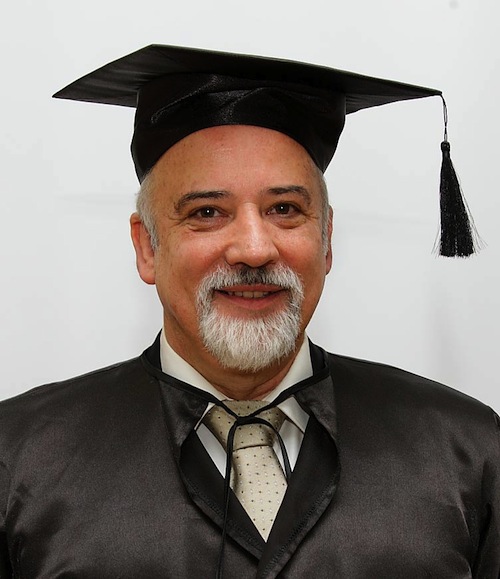
Hans-Werner Gessmann is a German psychologist and psychodramatherapist currently based in Russia. He is the founder of humanistic psychodrama, a form of therapy that involves role reversal. He is also ranked as one of the world’s most preeminent psychotherapists. Gessmann teaches clinical psychology at the government-owned Nekrassow University Kostroma, where he is also the director of the International Centre for Clinical Psychology and Psychotherapy.
In 1973 Gessmann established the Psychotherapeutic Institute Bergerhausen in his hometown of Duisburg, which currently trains over 1,500 psychotherapists. He is a professor of general and developmental psychology at the governmental Academy of Social Administration Moscow and has served as a professor of systemic family therapy at the Municipal Pedagogical Psychological University Moscow since February 2012.




